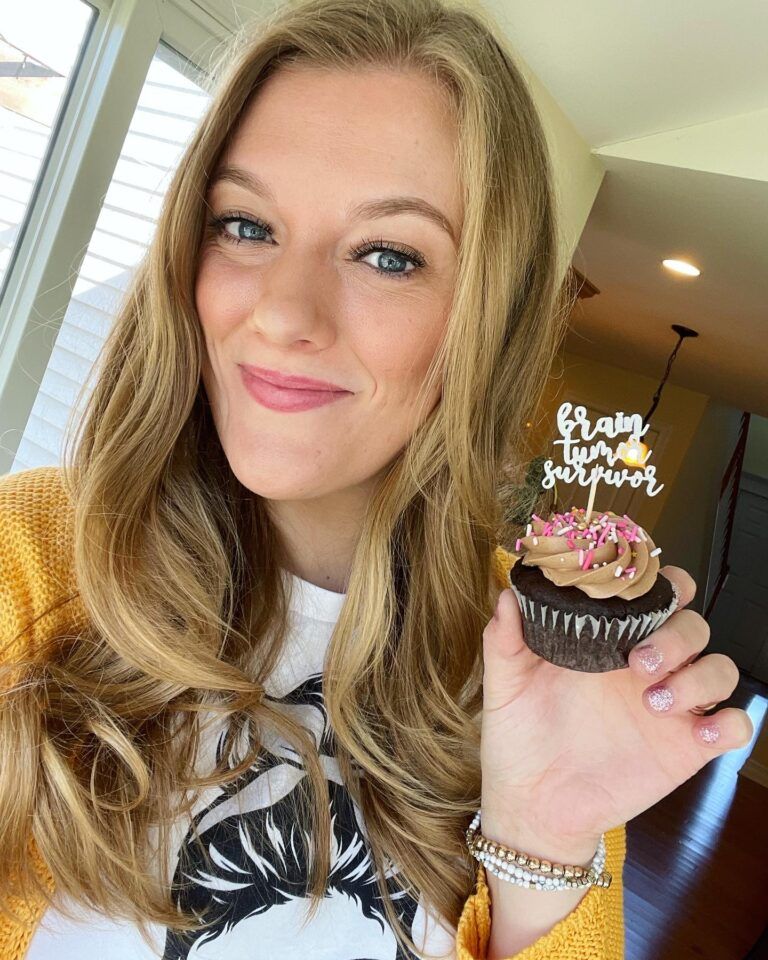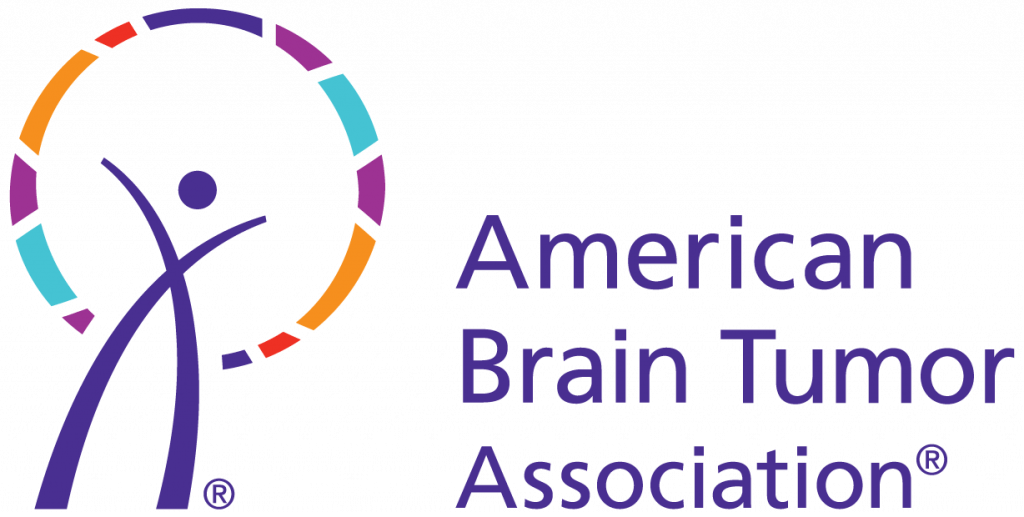| I have spent much of my time lately considering the things we can plan for and those things we cannot.
In August of 2021, my husband and I welcomed our first born child into the world. Leading up to his grand entry, we had thoroughly planned for long nights of waking, hundreds of dirty diapers, and the constant parade of bottle parts through our dishwasher. Each outfit was rolled together carefully with matching pants, shirts, onesies, and bibs. His nursery was drawn out well before I ever hit my third trimester. We were excited, and we were the absolute epitome of preparation. But then five months later the phone rang. The unexpected. Something we did not and could not have ever prepared for. Even as I brought the phone to my ear that day in the lobby of my workplace, I was not prepared to hear the words, “we found a mass.” We did not plan for anything to come of my neurology visit the week prior after years of intermittent numbness. We did not plan for the tally mark list of scans I started to keep in my phone after that: 8 MRIs, 4 CTs, 2 MRAs, 1 PET, 1 fMRI. We did not plan for the days spent sitting in medical offices, getting blood draws, and the really big words we would have thrown at us. We did not plan for a craniotomy, seizures, memory loss, language dysfunction, and a million other nasty effects that come as a reality of having a brain tumor. That is the problem with a brain tumor diagnosis: you cannot plan for it. It hits you like a hard punch to the gut, knocking the air out of your lungs and leaving you scrambling desperately to pick up the pieces. It felt to me like watching a train rumbling toward me at full speed and knowing hopelessly that absolutely nothing I could do would stop it. I was 26 at the time of my diagnosis. I was confused, broken, horrified. How could this possibly to happen to a new mother, a young wife, a newly-established professional? I am a planner. I am the quintessential “type A” personality you read about in your psychology books. From my grades in school to the mental itinerary before a family vacation, you will never find me in a situation that has not been painstakingly, well thought-out from every angle. That is, until this one. In February of 2022, a craniotomy was performed to remove the mass from my left parietal lobe. The clinical diagnosis of my brain tumor was a grueling, 3 month long process that involved passing my neural tissue through the hands of multiple professionals, ultimately resulting in a mixed and uncertain result. It was in those days of waiting and waiting that I had to come to terms with what I could not plan for. All at once, it was no longer I who was controlling my body, my plans, or my future. I was extraordinarily anxious and guarded- triggered by the smell of an alcohol wipe or the beeping of a machine. I would not stray too far from my seizure rescue medication in the event those familiar seizure sensations should arise again. I battled, and continue to battle, every single day with the theory of “what if?” What if the tumor comes back? What if my memory never fully recovers? What if the lack of a firm diagnosis means I can never truly understand what is wrong with my body? My tumor was initially diagnosed as a grade III anaplastic astrocytoma. I could never really explain how small and insignificant I felt being 26 years old, lying in bed with my husband while our 5 month old baby slept nearby, having the discussion of what we were going to do if I did not make it. After a variety of send out testing, the prognosis swung in my favor. My tumor was ultimately diagnosed as a WHO grade I-II glial tumor with mixed features of a pleomorphic xanthoastrocytoma, pilocytic astrocytoma, and ganglioglioma. In other words: it did not match the diagnostic criteria of any one tumor type, making its odds of recurrence and future of treatment fully open-ended. Another loose tie in the hope I had to “plan” what would come next. Ultimately, I am one of the lucky ones. I am one of the lucky ones who has the privilege to take a “wait-and-see” approach. Every four months I have to return to our local cancer center to get an MRI of my brain and meet with neuro-oncology. I still have to take anti-convulsants that affect my executive functioning and mood. I am learning to relinquish my internal desire for control. And most importantly, I am alive. Since my diagnosis, genuine, abundant life has been lived. My husband and I have bought a house. We took a trip to the coast. I have watched my little, tiny baby transform into a bold, exciting, and lovably-defiant toddler. I have resumed my job as a pediatric occupational therapist. Though the idea of a returning tumor looms in my mind, I am free to embrace life as it comes and take each season in stride. I am free to simply exist. I am free to float about in the unknown with as much grace and courage as I can muster, because though we may plan out our lives to a fault, we never truly know what the next chapter holds. The lifetime risk for being diagnosed with a brain tumor is approximately 1%. That means 99% of the world’s population will never understand what it is like to experience having one. So for that 99%, there are a few things you should know about having a brain tumor: First and foremost, it changes you. It changes everything. It alters your physical functioning, your emotional well-being, your day to day routine. It infiltrates and infects every fiber woven into the story of your life. Secondly, it changes those around you. Family, friends, co-workers, and beyond felt the ripple effect of what I went through and left lasting imprints on those closest to me. Lastly and most importantly, this community not only asks for, but requires greater research and louder voices of activism. I have no idea what my future may hold because my tumor type could not be clearly diagnosed, even by our nation’s leading professionals. Those of us existing in this little 1% bubble are begging for your help to improve screenings, treatment options, and research so that when that rumbling “brain tumor” train comes plummeting towards another person or family, there is greater hope of diverting it onto another track. And to my fellows in the 1%: I know you did not prepare for your diagnosis. I know you did not plan for this to be written into your story. None of us do. I believe that in this season an extremely painful, but equally beautiful transformation is occurring. I believe that the most treasured gems are formed under the weight of immense pressure. I have found that existing in the unplanned postures my heart toward gratitude, hopefulness, and presence. We cannot always plan for what we must endure. But no matter what…keep going. It is a battle worth fighting. Do you have a brain tumor story? We’d love to hear from you. Share your story. |





